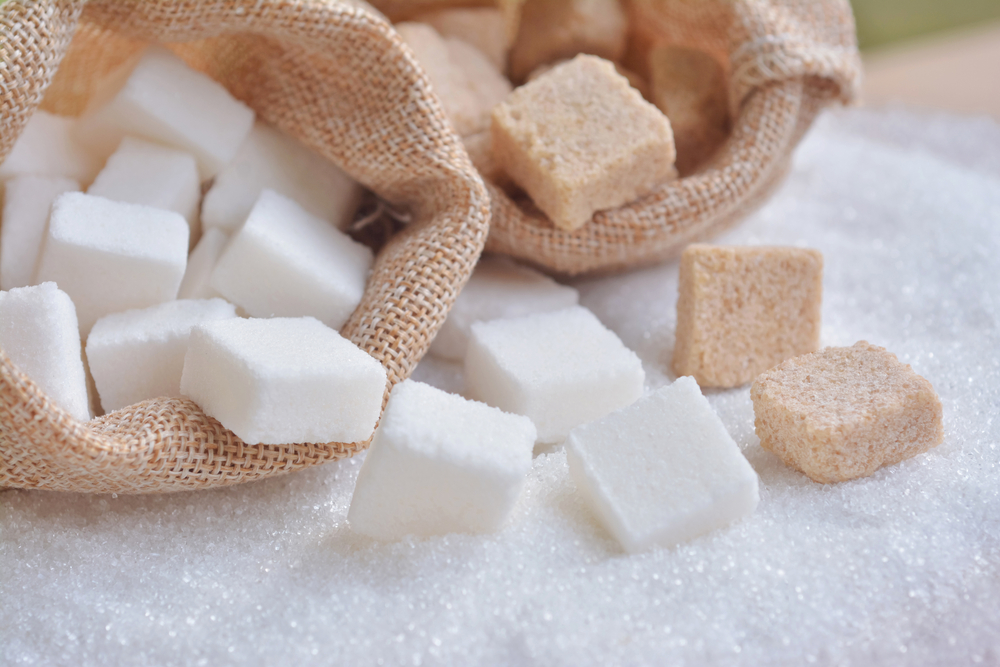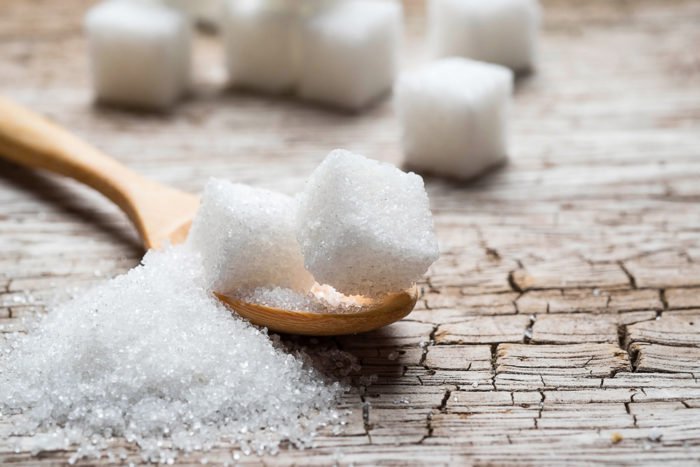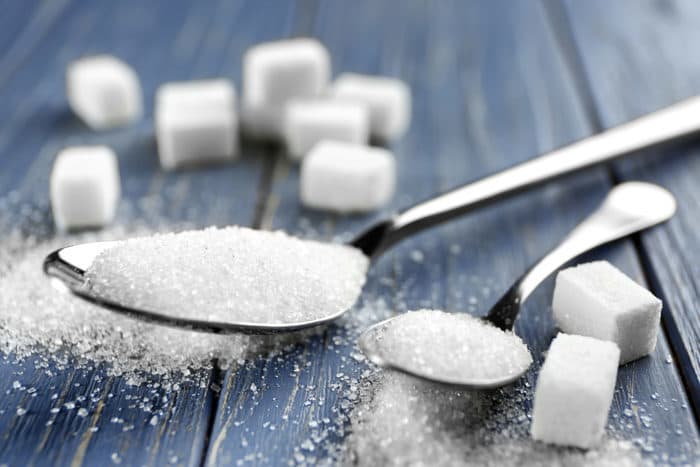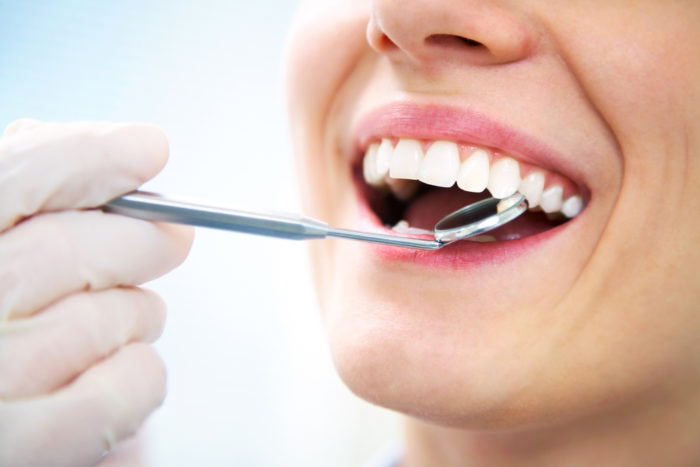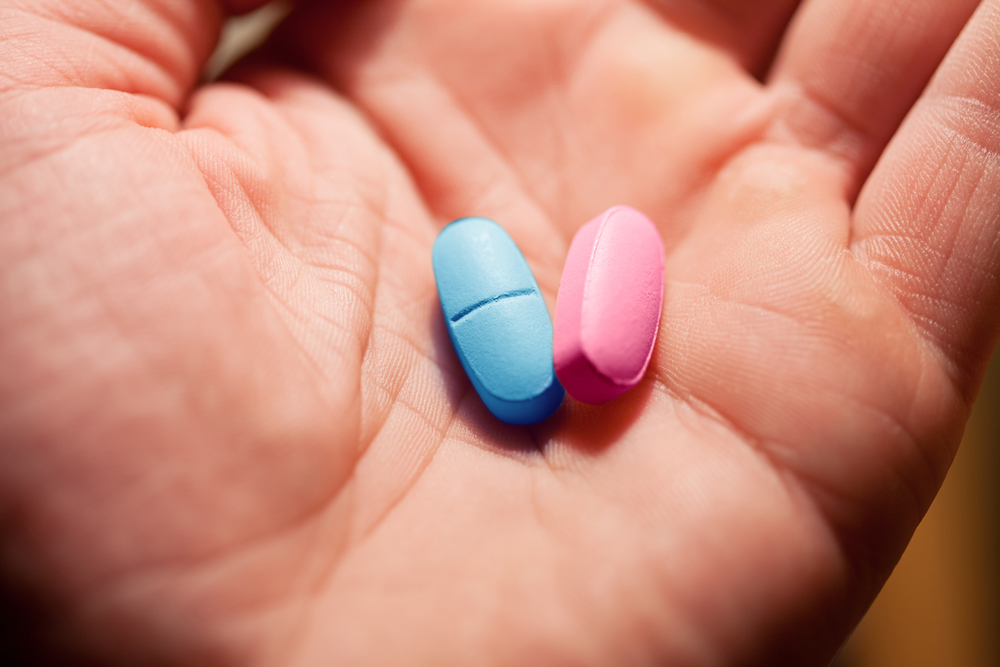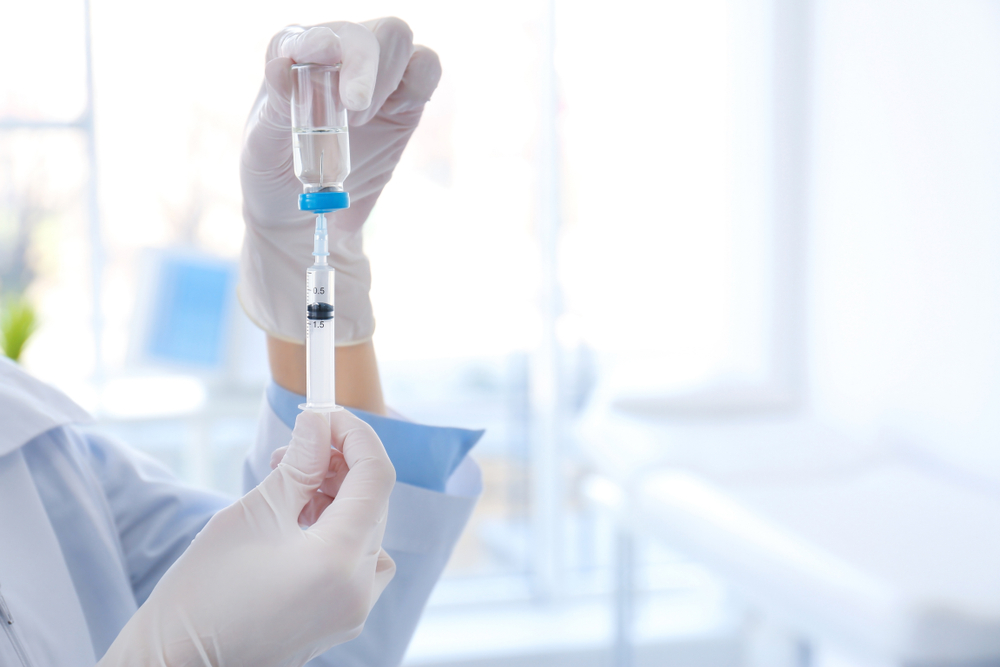Contents:
- Medical Video: What Are Sugar Alcohols and Are They Healthy?
- What is sugar alcohol?
- Various kinds of sugar alcohol
- 1. Xylitol
- 2. Erythritol
- 3. Sorbitol
- 4. Maltitol
- Get to know the benefits of sugar alcohol
- 1. Does not cause a surge in blood sugar or insulin
- 2. Maintain dental health
- 3. Other health benefits
- Are there side effects?
Medical Video: What Are Sugar Alcohols and Are They Healthy?
Sugar alcohol has become a popular sugar alternative. Alcoholic sugar looks and has a taste like sugar, but offers fewer calories and is safer for health. In fact, many studies show that this type of sugar can actually lead to improved health. Is it true? Check out the reviews here.
What is sugar alcohol?
Sugar alcohol is a type of sweetener that can be a sugar alternative in general. Actually sugar alcohol is not sugar and not alcohol. How come? Alcoholic sugar is a carbohydrate whose chemical structure resembles sugar molecules and alcohol molecules.
So regardless of the name, sugar alcohol does not contain any ethanol, or compounds that make you drunk.
Some of these sugars are found naturally in fruits and vegetables. However, most are produced by manufacturers and processed from other sugars such as glucose in corn starch.
These sweeteners look like white crystals, like white sugar in general. Because this sugar has a chemical structure similar to sugar, it's also sweet. Unlike artificial sweeteners and low in calories, this type of sugar does contain calories, only less than ordinary sugar.
Various kinds of sugar alcohol
There is a lot of sugar alcohol which is commonly used as a sweetener, but of all types has a difference in taste, calorie content, and its effect on health.
1. Xylitol
Xylitol is the most common sugar alcohol. This sugar has a different mint flavor, and is a common ingredient in gum, some sweets, and oral care products such as toothpaste.
However, the sweetness remains the same as ordinary sugar, but has fewer calories around 40 percent. In addition, this type of sugar has a fairly good tolerance to digestive disorders even if consumed in large quantities.
2. Erythritol
Erythritol is considered to have a very good taste. Erythritol is processed through glucose fermentation in corn starch. This sugar has 70 percent of the sweetness of ordinary sugar, but only contains 5 percent of the calories in ordinary sugar.
Erythritol does not have the same digestive side effects as most other sugar alcohols, because it doesn't reach the large intestine in very large quantities. Conversely, in the digestive system most (about 90 percent) are absorbed until the small intestine and then released do not change in the urine.
3. Sorbitol
Sorbitol is claimed to have a soft and cold taste in the mouth. Sorbitol has the same 60 percent sweetness as ordinary sugar, with around 60 percent of calories. This sugar is a common ingredient in food and drinks with labelssugar free, including jam and candy.
Sorbitol has a very small effect on blood sugar and insulin, but can cause serious indigestion.
4. Maltitol
Maltitol is processed from maltose sugar, and tastes very similar to ordinary sugar. Maltitol has 90 percent sweetness with ordinary sugar, with almost half its calories.
However, this sweetener can cause a surge in blood sugar. If you have diabetes, you should be careful of "low carbohydrate" sugar products sweetened with maltitol, and be sure to monitor your blood sugar.
Get to know the benefits of sugar alcohol
1. Does not cause a surge in blood sugar or insulin
The glycemic index is a measure of how fast food is to increase blood sugar levels. Eating foods with a high glycemic index is often associated with obesity and other metabolic health problems.
Most sugar alcohols have a negligible effect on blood sugar levels. Except for maltitol, which has a glycemic index of 36. The glycemic index level in maltitol is considered the highest among the other sugar alcohol groups but this level is also lower than sugar and refined carbohydrates.
For people with metabolic syndrome, prediabetes or diabetes, sugar alcohol (except maltitol) can be considered an excellent alternative to sugar substitutes.
2. Maintain dental health
Tooth decay is a side effect of consuming excess sugar. Sugar feeds certain bacteria in the mouth, which multiply and produce acids that erode the protective layer on the teeth.
Conversely, sugar alcohols such as xylitol, erythritol, and sorbitol can actually protect you from tooth decay. That is one of the main reasons why alcoholic sugar is so popular in gum and toothpaste products.
Xylitol is known for its beneficial effects on dental health. "Bad" bacteria in the mouth actually eat xylitol, but they cannot metabolize, so they eventually clog the metabolic processes of bacteria and inhibit their growth.
3. Other health benefits
In addition, this sugar also has a number of beneficial benefits for health, namely:
- Prebiotics. Alcohol guka can feed "good" bacteria in the intestine because it has a prebiotic effect such as dietary fiber.
- Bone health. Many animal studies have shown that xylitol can increase bone mass and bone mineral content, which can help protect bones from osteoporosis.
- Skin health. Collagen is the main structural protein in the skin and connective tissue. Animal studies show that xylitol can increase collagen production.
Are there side effects?
The main problem with sugar alcohol is that it can cause digestive problems, especially when consumed in large quantities.
The body cannot digest most of sugar alcohol, so this sugar travels to the large intestine and is metabolized by intestinal bacteria.
If you consume this sugar in very large amounts at once, you run the risk of experiencing symptoms such as stomach cramps, flatulence, and diarrhea.
If you have irritable bowel syndrome (IBS) or irritable bowel syndrome, you should avoid this sweetener.

